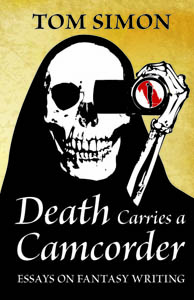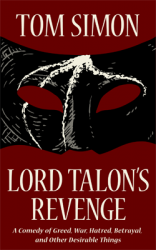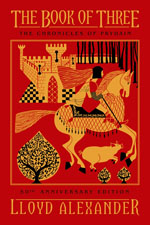The story has often been told of how Coleridge dreamt his “Kubla Khan” in an intoxication of opium, and of how, upon waking, he sat down to write it and was interrupted by “a person from Porlock,” thereby losing forever the conclusion to that extraordinary poem. Persons from Porlock are professionally employed by the publishing companies of the Anglo-Saxon world. A few are wise and ask questions that speed on the writing; a few distract; a few quibble away at the author’s vaporous confidence; a few destroy the work in mid-creation. All interfere, and it is this compulsive tinkering with someone else’s text that I have to question.
Without editors we are likely to have rambling, incoherent, repetitive, even offensive texts, full of characters whose eyes are green one day and black the next (like Madame Bovary); full of historical errors, like stout Cortez discovering the Pacific (as in Keats’s sonnet); full of badly strung-together episodes (as in Don Quixote); with a cobbled-together ending (as in Hamlet) or beginning (as in The Old Curiosity Shop). But with editors – with the constant and now unavoidable presence of editors without whose nihil obstat hardly a book can get published – we may perhaps be missing something fabulously new, something as incandescent as a phoenix and as unique, something impossible to describe because it has not yet been born but which, if it were, would admit no secret sharers in its creation.
—Alberto Manguel, ‘The Secret Sharer’
(collected in Into the Looking-Glass Wood)
My own comment:
The nihil obstat has been removed. The principal function of editors was never to edit books, but to reject them, and they rejected a lot of very good books because of their personal tastes, or their unsound judgement of what was and was not commercial, or simply because too many good books were submitted to them and they could not publish them all. Half the point of being independent authors is that when we write a good book, we can take it straight to the public without giving an intermediary the power to reject it. To replicate the editorial function of traditional publishing would not only be foolish, it would destroy our reason for doing business.











Recent Comments